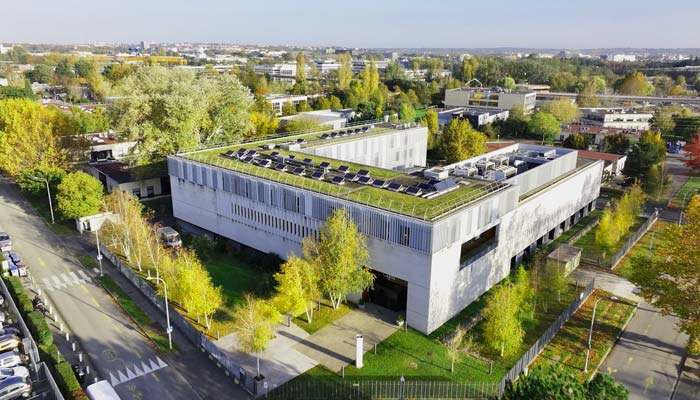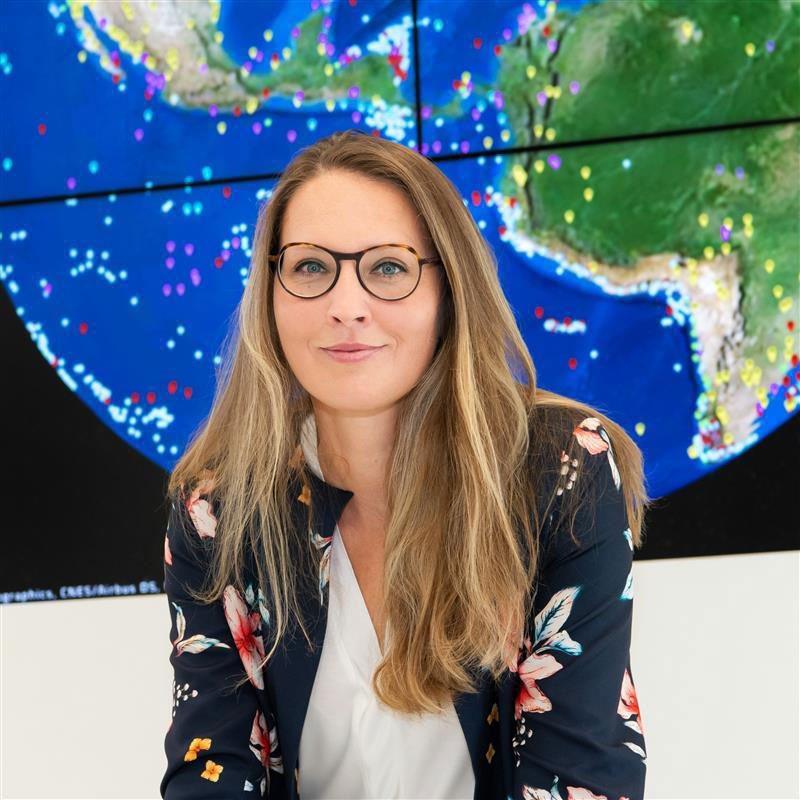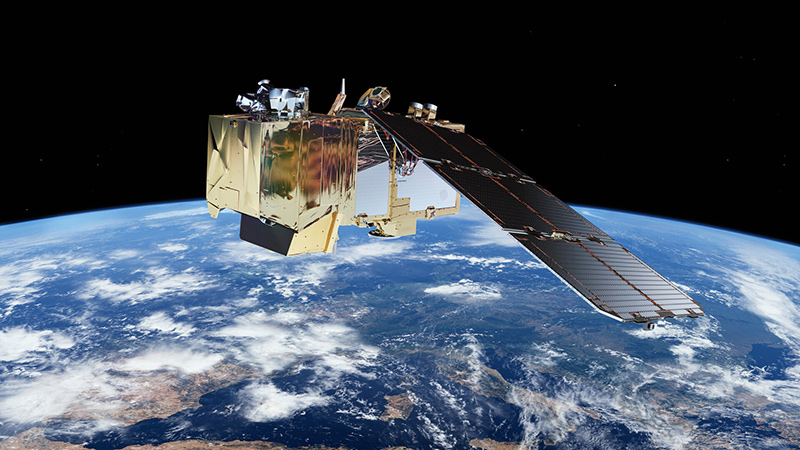← Back
Mission-Driven Company: A Concrete Commitment for Lasting Impact

Since 2021, CLS has been officially recognized as a mission-led company, an obvious step for a business already deeply involved in environmental protection and the sustainable management of natural resources. Why did we formalize this commitment, and how does it influence our daily work in practice?
Answers from Iva Colom Toro, CLS General Counsel & Compliance Director and Mission Manager.
Why did CLS decide to become a mission-driven company in 2021?

CLS offices near Toulouse, France
Iva Colom Toro: “We made this choice to formalize and strengthen an engagement already rooted in our DNA, especially since we joined the UN Global Compact in 2016.
Adopting mission-led status gives us a new framework, a real tool to structure our action and amplify our positive impact, fully aligned with the United Nations Sustainable Development Goals. It makes us more transparent, more consistent, and better equipped to meet future challenges.”
What does the Mission Committee concretely bring to CLS?

Iva Colom Toro, CLS General Counsel & Compliance Director and Mission Manager
Iva Colom Toro: “The Mission Committee goes far beyond simply tracking indicators; it is involved in our strategic thinking. At first a guarantor, it quickly becomes a critical friend: a partner who is both supportive and demanding, knows the company well, and is not afraid to challenge us.
It helps us step back, ask the right questions, especially when trade-offs arise between economic performance and impact—and reviews our business progress through the lens of our mission. That perspective is invaluable for staying on course and advancing coherently.”
Discover our Mission Committee
Which concrete examples illustrate your mission?

Our mission comes to life every day through data from more than 400 satellites. We support public and private customers in making strategic decisions for a sustainable future.
- Our localization and data-collection services for biodiversity have improved understanding of animal migrations and helped protect endangered species worldwide.
- Thanks to the data we supply to the European Maritime Safety Agency, oil-spill pollution in Europe has been halved.
- We have also helped significantly curb illegal fishing in several sensitive areas.
These tangible results directly reflect our purpose.

Sentinel-2 Satellite
Iva Colom Toro: “Our mission is founded on using technology for positive impact. We are a Tech for Impact company with concrete applications such as monitoring fishery resources, combatting illegal fishing, tracking animals via satellite telemetry and our Argos services, and conserving marine biodiversity. We also use satellite data to improve freshwater management in at-risk regions.
Every year, our actions contribute directly to multiple UN SDGs—from Life Below Water (SDG 14) and Climate Action (SDG 13) to Life on Land (SDG 15).”
Why was it important to formalize an engagement already in your DNA?
Iva Colom Toro: “There comes a point when it is not enough to say we act—we must prove it. By becoming a mission-led company, we strengthen the transparency of our approach and impose extra rigor in measuring and evaluating our impacts. It also unites our teams around clear, shared, measurable objectives. Finally, it increases our partners’ trust by showing that our sustainable commitment is not a stance but a concrete, structured reality aligned with the public interest.”
What long-term benefits do you anticipate from this commitment?
 Iva Colom Toro: “In the long run, this approach boosts our performance by keeping us fully aligned with our vision: putting space at the service of a sustainable planet. It is a real asset for attracting committed talent who are sensitive to environmental and social challenges.
Iva Colom Toro: “In the long run, this approach boosts our performance by keeping us fully aligned with our vision: putting space at the service of a sustainable planet. It is a real asset for attracting committed talent who are sensitive to environmental and social challenges.
It also strengthens our credibility with international clients and partners. Embracing mission-led status means choosing responsibility and credibility while retaining the capacity to innovate and generate concrete positive impact for our planet.
We have joined the Community of Mission-Led Companies because we are convinced that collective momentum is essential. By sharing these values and acting together, we will be able to tackle the major challenges ahead.”




